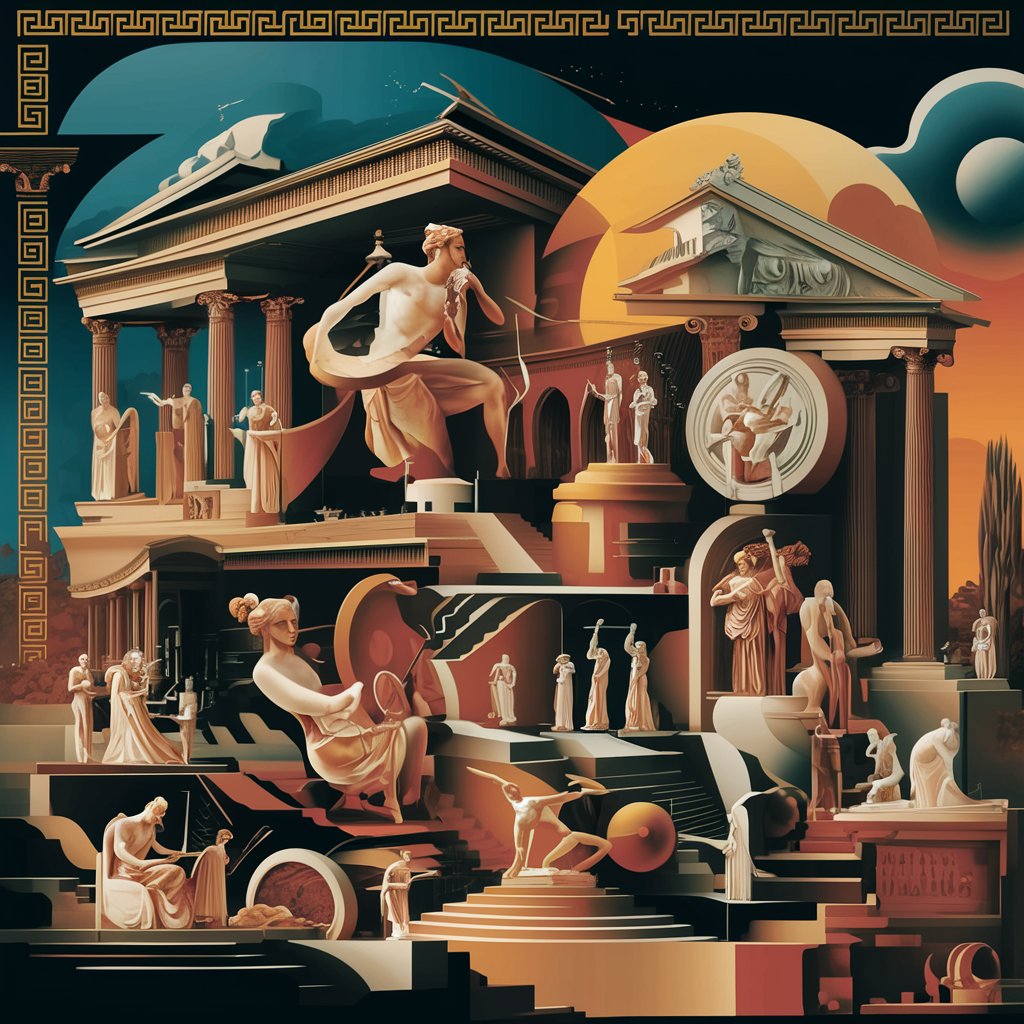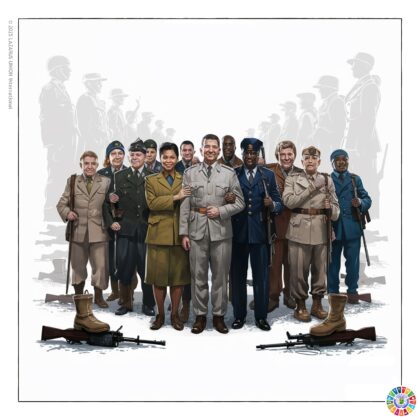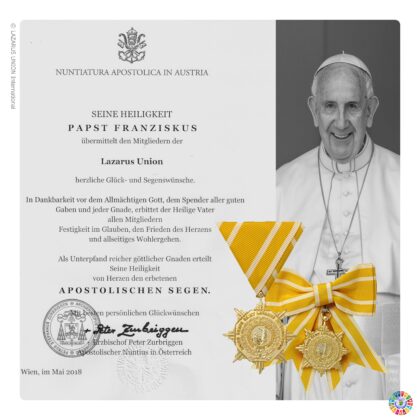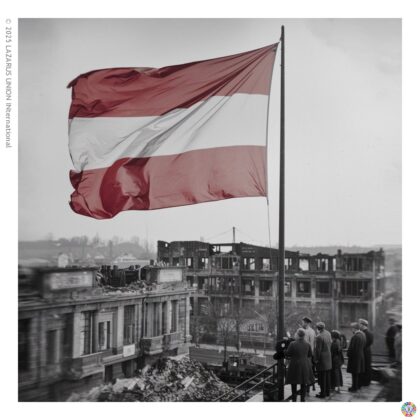Today we remember all those who have served in uniform – past and present. Veterans’ Day is not a day of silence, but a day of conscious remembrance and recognition.It... Read more
The Lost Idea of the Delphic Games
The Delphic Games, also known as the Pythian Games, are a little-known but fascinating facet of ancient Greek culture. These games, held in Delphi in honour of the god Apollo, were more than just a sporting competition – they were a celebration of the arts, music, poetry and spiritual enlightenment. Unfortunately, the Delphic Games have been forgotten over the centuries. This essay aims to shed light on the beauty and artistic value of this lost tradition and to make an appeal for its revival.
The Delphic Games were established in the 6th century BC and took place every four years, two years after the Olympic Games. The site of Delphi was the spiritual centre of ancient Greece, famous for its oracle and as the sanctuary of Apollo, the god of light, music and prophecy. These games had a deep cultural and religious significance that went far beyond the sporting competitions.
In contrast to the Olympic Games, which focussed mainly on physical performance, the Delphic Games included a variety of artistic disciplines. There were competitions in music, singing, poetry and theatre, in which participants presented their talents in front of an audience and a jury of philosophers and scholars. These artistic competitions were an expression of the highest cultural values of ancient Greece and promoted intellectual and creative excellence.
The true spirit of the Delphic Games lay in the union of body and mind, of sport and art. These games represented a harmonious balance between physical strength and mental creativity. They were a celebration of human potential in its most diverse form and a symbol of the infinite possibilities of human expression.

Music and poetry played a central role in the Delphic Games. The musical competition, in which artists played the lyre and sang hymns to Apollo, was a tribute to the god himself. Poetry competitions, in which poets performed their works, promoted literary creativity and the art of the spoken word. These artistic performances were not just entertainment, but a profound spiritual experience that inspired participants and audiences alike.
The Delphic Games disappeared in the 4th century AD with the rise of Christianity and the decline of ancient Greek culture. The loss of these games also signalled the loss of a unique platform for the promotion and celebration of the arts. In a modern world often dominated by commercial interests and superficial entertainment, the revival of the Delphic Games is an opportunity to rediscover the deeper meaning of art and culture.
The revival of the Delphic Games could usher in a renaissance of artistic and cultural values that are often neglected in today’s society. A modern version of the Delphic Games could bring together artists from around the world to showcase their talents in music, poetry, theatre and other art forms. These games could serve as a global festival of the arts that promotes creative exchange and cultural understanding.
The Delphic Games are more than just a historical event; they are a symbol of the timeless relevance of art and human creativity. In a world that is constantly looking for new ways to inspire and connect people, the Delphic Games offer a unique opportunity to use the universal language of art to build bridges between cultures and generations.
Art has the power to connect people in a way that is beyond words. The Delphic Games, with their focus on artistic competition and creative expression, could help to bring this unifying power of art to the fore. By reviving the tradition of the Delphic Games, we can create a platform that not only celebrates artistic excellence, but also promotes dialogue and understanding between different cultures and communities.
Conclusion
The Delphic Games were a shining example of the harmonious combination of body and mind, of sport and art. Their loss is an unfortunate chapter in the history of human civilisation. But in their spirit lies an inexhaustible source of inspiration waiting to be rediscovered. The revival of the Delphic Games could usher in a new era of artistic and cultural flourishing and re-emphasise the timeless beauty and importance of the arts in our modern world. Let us bring this lost treasure of humanity back to light and inspire a new generation of artists and thinkers who will enrich the world with their creativity and spirit.








